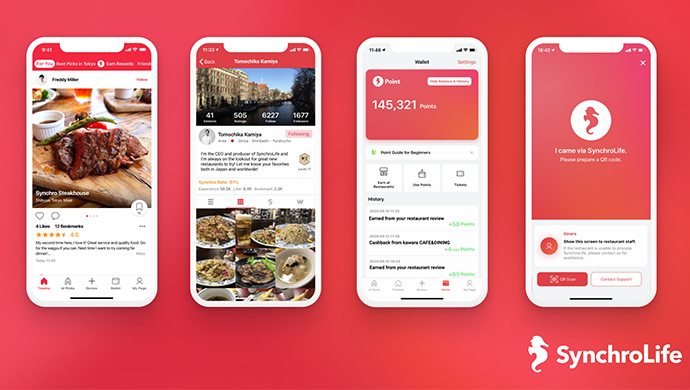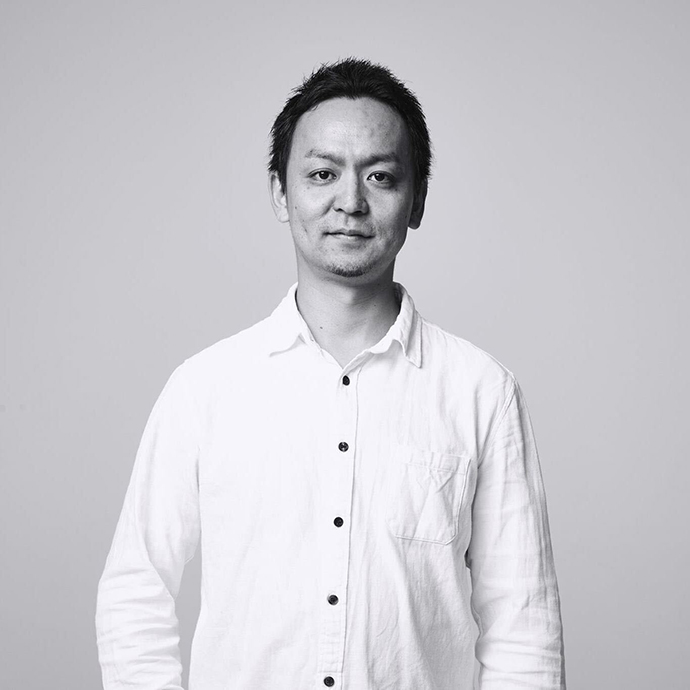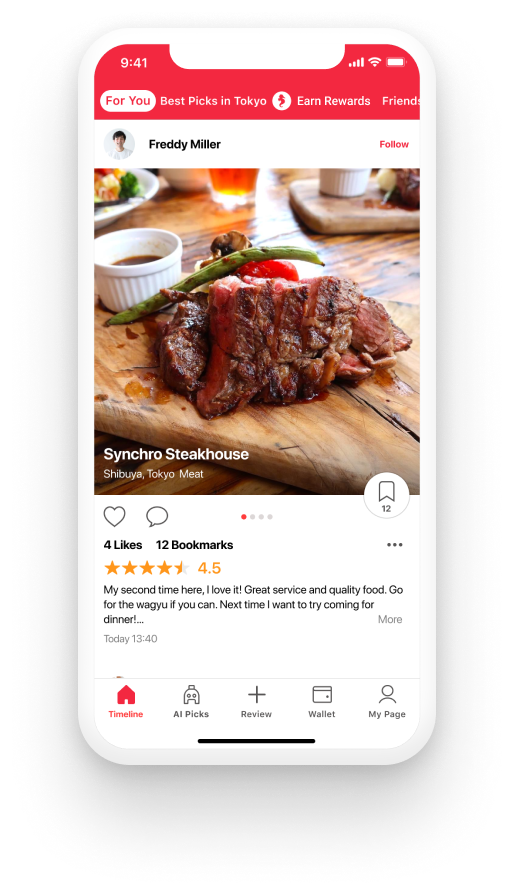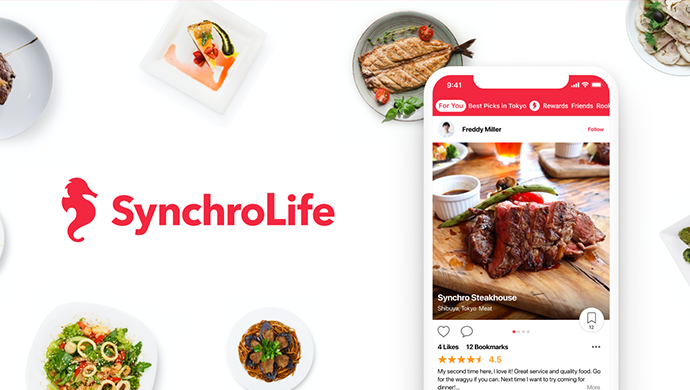
According to a McKinsey study, amidst the pandemic, there was a global increase in the use of various services like in-home online entertainment, food delivery and drive-through, pickup services, online meetings, remote education, online fitness, and telemedicine.
The study found that more than half of these services grew through increased use by existing users or adoption by new ones. These increases were 10% or more in almost all countries except Japan, where it was less than 10%. In fact, Japan’s rate of increase in digital was lower than the US, China, European countries, South Korea, and India. Interestingly, the research indicates that this result was not due to low consumer-side demand. Instead, it was due to the insufficient scaling and development of digital services by most Japanese companies.
Also read: Here are 10 more verified investors on e27 for you to connect with
However, businesses and authorities alike are starting to realise the need for stronger digital transformation in the country. “Digitalisation is key to spur Japan’s growth in the new normal”, the Japanese government said in a report released in November 2020. The report further states that the economy can return to a “self-sustained growth track” with investments in information technology, software, and human resources. This applies to all sectors and the restaurant industry is no exception.
As such, Tokyo-based GINKAN Inc. is helping future-proof the restaurant industry by leveraging the latest technologies, including big data, AI, and cryptocurrency.
Challenges faced by restaurants and diners in Japan

GINKAN founder and CEO Tomochika Kamiya feels passionately for Japan’s rich food culture. He embarked on the journey to launch this startup in December 2015 when he realised that digital marketing and ads were blocking good restaurants and devoting them to the exposure they deserve. He noticed that the key challenges faced by traditional restaurants include:
● No customer data: who are the customers, where are they coming from, who are the returning customers, how to get referrals — these questions go unanswered as traditional restaurants are unable to keep track or store data.
● Limited advertising resources: most traditional restaurants still depend on monthly fee-based advertising media which might not necessarily work in an increasingly online world.
● Lack of resources to invest in digitalisation.
These issues lead to limited exposure, a downfall in regular customers and thus, losses in business.
Also read: RESC: Promoting sustainability with an IoT battery platform for e-mobility and smart grid
When it comes to finding traditional restaurants that serve good food, customers also face a lot of challenges. Food lovers struggle because restaurant hunting can be time-consuming. Google searches offer lots of options but these are often filled with targeted ads and restaurants that have beefed up their websites with good SEO show up on the top. These might be top-ranking eateries but not necessarily good restaurants that serve great food. Plus, there is no personalisation and it is hard to find trustworthy recommendations.
To address these issues, in 2015, Kamiya along with the co-founder and CTO Hiroshi Mita created SynchroLife.
GINKAN’s SynchroLife is the matchmaker that every restaurant and food lover needs

GINKAN’s flagship service SynchroLife lets users uncover restaurants normally hidden by web search results and advertising. They do this by using artificial intelligence to make personalised suggestions tailored to each user’s likes and dislikes.
SynchroLife provides restaurants with visibility on a food-centric social media platform where they have to pay a flat marketing fee of just 5% to fill empty seats and they get access to a fully-automated CRM that automatically nurtures regular customers through rewards, vouchers, and promotions.
The platform also awards restaurant reviewers with cashback deals as well as its own cryptocurrency. In Japan, users who receive loyalty points — known as SynchroPoints — will be able to exchange them for SynchroCoin at a one-to-one rate. It is a win-win on both sides.
In this journey, one of the main challenges faced by GINKAN was “educating” their partners and the users on cryptocurrency. While the common notion is that the awareness about cryptocurrency and its adoption is relatively higher in Japan, still many people don’t know much about it. GINKAN managed to impart their ethos to businesses by walking them through the legal framework of cryptocurrency in Japan and exhibiting the process through small scale tests first.
On the consumer side, they’ve tried to keep it simple focusing on the reward side of it- explaining how food lovers can leverage these points for gift cards. They don’t necessarily have to understand cryptocurrency to use the app, which makes it easier for users from different demographics to leverage the platform for their love of good food.
Braving through COVID-19 and future plans: Looking at Southeast Asian markets

Amidst the pandemic, GINKAN faced both positive and negative effects. During lockdowns, the revenues dropped at first. However, restaurants soon started looking at royalty points for business continuity and survival. This led to an uptake of sign-ups on SynchroLife as the platform also works for takeouts and deliveries.
Since the launch of their CRM service in July 2019, SynchroLife has onboarded over 850 restaurants. GINKAN’s services are currently focused in Japan with a user base concentration in major cities, including Tokyo, Osaka, Fukuoka, and Sapporo. Available in four languages, including English, Chinese, Korean, and Japanese and over 155 countries, SynchroLife features around 100,000 restaurants and 210,000 reviews today.
They hope to expand to Southeast Asian markets starting next year. With a rising middle class, high interest in food and dining out, increased digitisation in the restaurant industry, and young customers interested in personalisation and rewards, the Southeast Asian markets are very similar to Japan’s in many ways. “We believe we can solve problems for both diners and restaurants in Southeast Asian markets like we have done in Japan. We believe our strengths are proven business model in Japan, easy to use and earn rewards points, automated CRM for a set price, and the fact that we are a cross restaurant platform,” says founder and CEO Tomochika Kamiya.
Also read: User acquisition strategies to grow your app from Adjust and ironSource
In June 2020, GINKAN raised US$2.6 million in a series A funding round led by local VC firm MTG Ventures. They plan on a Series B fundraise by next year that they can dedicate to their regional expansion plans. Currently, they are also looking for business partners: restaurant owners, chains, and f&b outlets.
As the world’s first platform to tokenize restaurant reviews and provide rewards to quality reviewers, with SynchroLife, GINKAN aims to create a global social media platform where food reviewers can earn for their contributions instead of just working as volunteers. Learn more about them here: https://e27.co/startups/ginkan/
– –
This article is produced by the e27 team, sponsored by JETRO
We can share your story at e27, too. Engage the Southeast Asian tech ecosystem by bringing your story to the world. Visit us at e27.co/advertise to get started.
The post How this Tokyo-based startup is revolutionising the restaurant industry with AI and big data appeared first on e27.

